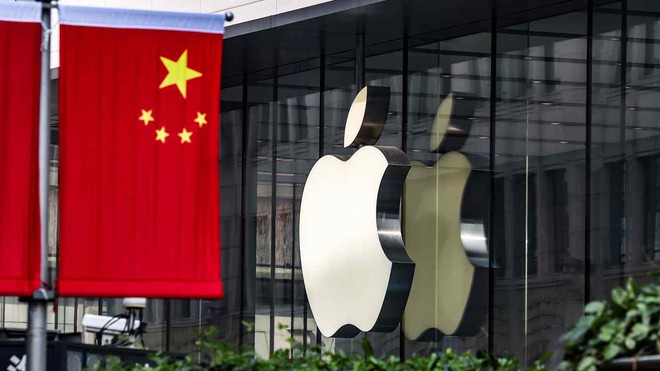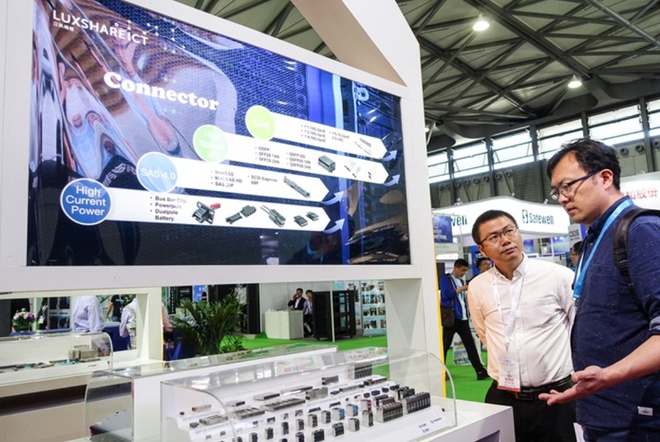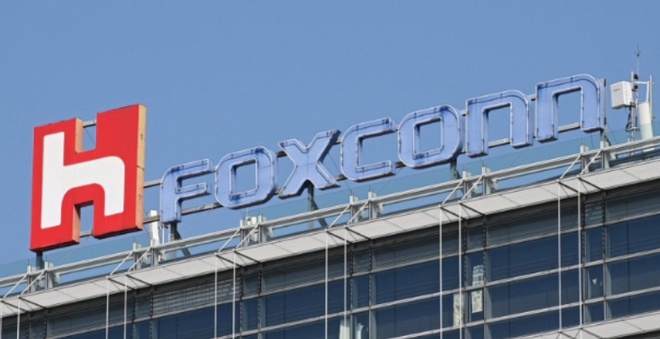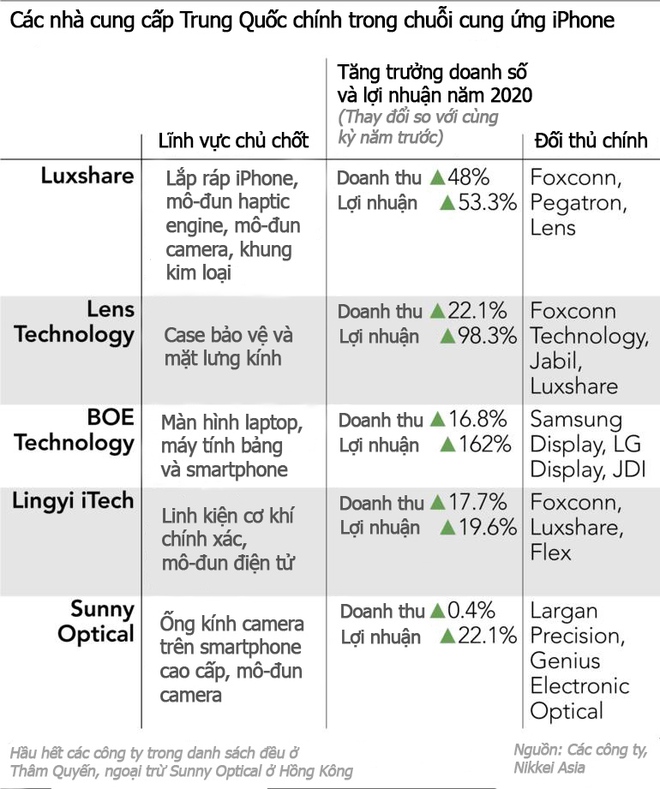Despite trade tensions, Apple continues to choose many Chinese partners to supply components for iPhones
- Tram Ho
There were previously concerns that Apple would look for other component suppliers besides Chinese partners to avoid the impact of the US-China trade war. But it was surprising that Apple did not choose to avoid it, but continued to choose more Chinese manufacturing partners.

This is a sign that the country’s technological competitiveness is continuing to increase despite efforts to stifle Beijing’s ambitions.
Chinese electronics maker Luxshare Precision Industry is expected to produce 3% of the upcoming iPhone 13, thereby winning orders from Taiwanese rivals such as Foxconn and Pegatron. Apple is expected to produce between 90 million and 95 million new iPhones through January 2022.
According to knowledgeable people, Luxshare will start producing iPhone 13 Pro this month. This is a big step for Luxshare because the company has never produced iPhones on its own before, but usually only outsources the production of accessories for Apple.

Not to mention that for most new partners entering the supply chain not long ago, they are rarely assigned by Apple for new iPhone production orders, but often just older iPhone models.
However, Luxshare’s capacity has increased significantly after the company acquired Korean camera module maker Cowell and Taiwanese metal frame maker Casetek. These will be the two subsidiaries that will support Luxshare to provide important components for Apple.
A senior executive from an unnamed iPhone component supplier shared: “Although Luxshare will only produce a small number of iPhones this year, we can’t be ignored. If we don’t strengthen our capabilities, competitiveness, they will sooner or later become the main source of components.”
Chinese competitors are “breathing heat” on longtime Apple partners
Apple currently owns a large supply chain, mainly to meet the production demand of about 200 million iPhones, 20 million MacBooks and tens of millions of AirPods each year. The advantage of the supply chain for Apple is always upholding quality.
If a few years ago, most of the main suppliers were from the US, Taiwan, Japan and Korea, now competitors from China are emerging. More and more orders are being transferred to supply partners in mainland China.

For example, Lens Technology, based in Hunan, previously only specialized in providing glass backs and glass cases for iPhones. This year, however, the company offered a metal case for the iPhone for the first time. They were given this order because the company bought a competitor’s metal frame and case factory last year in China.
Meanwhile, China’s largest smartphone camera lens maker, Sunny Optical Technology has also entered the iPhone supply chain for the first time in 2021. Sunny Optical Technology is expected to supply rear camera lenses for iPhones. , although the company’s market share in the supply chain is relatively small.
Sunny Optical is currently a supplier of camera lenses to Xiaomi, Huawei, Oppo and Vivo and is the main competitor to Taiwan’s Largan Precision. It is a leading manufacturer of high-end smartphone camera lenses and a longtime supplier of components for iPhones.
Meanwhile, display panel maker BOE Technology will start supplying OLED displays for the iPhone 13 series as soon as next quarter if the company meets Apple’s standards. Earlier last year, BOE began supplying OLED screens for some older Apple iPhones.
The strong development of BOE in recent years has put great pressure on rivals in the screen market such as Samsung Display and LG Display. This is also quite understandable when Apple always wants to diversify the supply chain so as not to depend on a partner and under pressure to increase component prices.

In addition to the above-mentioned companies, a number of other component suppliers are also included in Apple’s supply chain list, including display maker Tianma Micro-Electronics, memory chip maker GigaDevice Semiconductor and memory chip maker GigaDevice Semiconductor. Nexperia is owned by Wingtech Technology, China’s largest smartphone assembler. Wingtech is also in the process of acquiring the UK’s largest chip factory, Newport Wafer Fab, located in Wales, through its subsidiary Nexperia.
Companies such as Luxshare, Goertek, Wingtech and Lens have all received their first orders from Apple, said Eric Tseng, an analyst at Isaiah Research. Tseng believes that the emergence of a formerly fledgling competitor like Luxshare will certainly make longtime partners like Foxconn nervous. In particular, Apple can take advantage of the Luxshare card to “bargain” with Foxconn in many deals.
Tseng said that Apple needs to diversify supply and manage costs, especially in the context of geopolitical instability that will continue to be complicated. Of course, this will open up great opportunities for Chinese suppliers and put more pressure on existing partners.
Refer to Nikkei
Source : Genk
